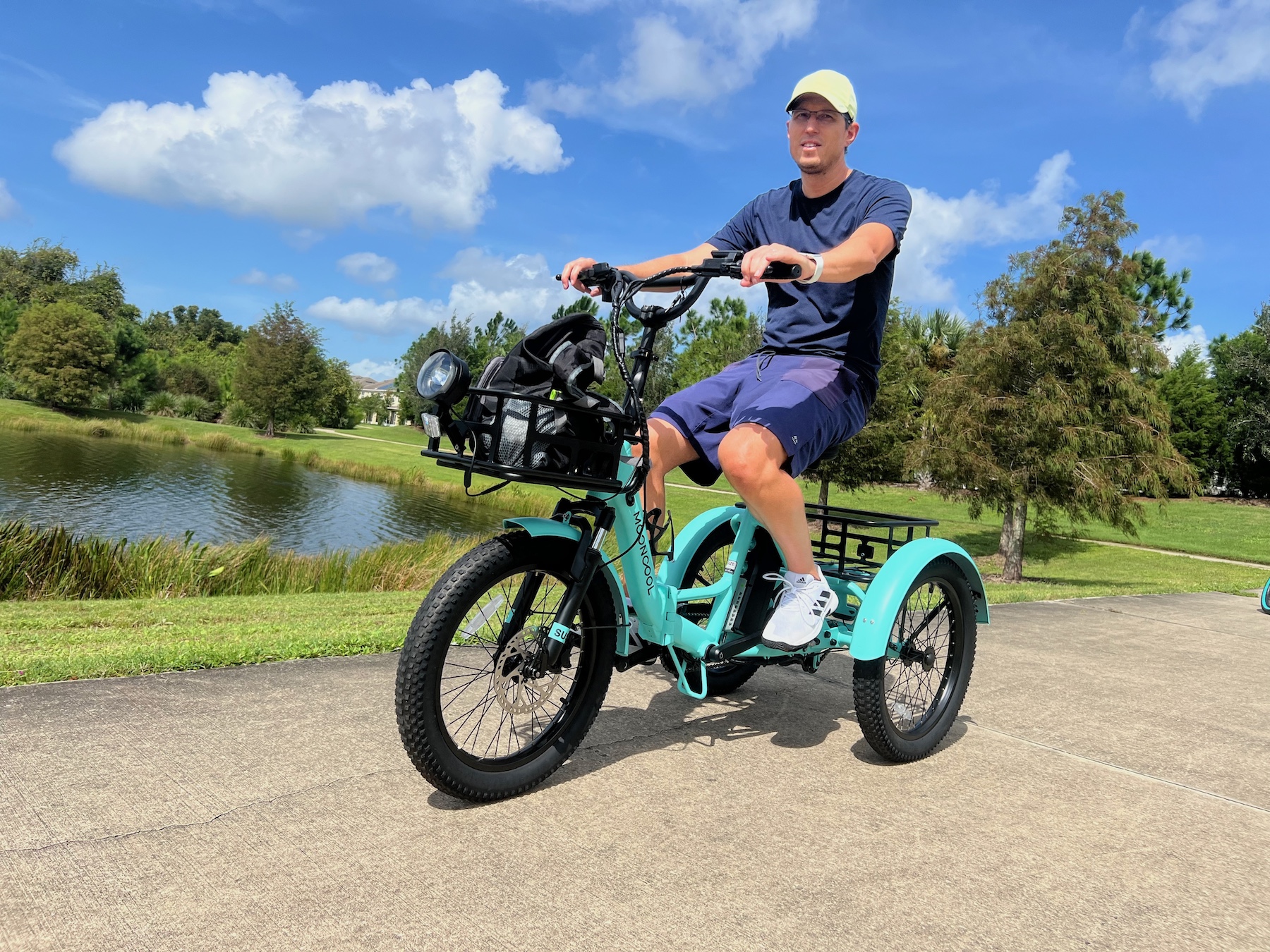The meeting between Australian Prime Minister Anthony Albanese and US President Donald Trump to be held in Washington on Monday is shaping up to be pivotal to the future of the Australian mining industry.
A key issue in the talks will be the role Australia can play in helping the US secure a supply chain for critical minerals, which has emerged as a significant policy strategy for the US.
The US Government has actively pushed to better develop its critical minerals supply chain, including better access to a broad range of rare earths.
So where does this place the Australian mining industry?
Australian companies have forged strong ties with China over the past 40 years. At the same time, Australia has longstanding ties to the US.
When BHP chief executive officer Mike Henry and his Rio Tinto counterpart Simon Trott met President Trump and Secretary of the Interior Doug Burgum in August, the topic of discussion was the BHP–Rio Tinto joint venture Copper Resolution mine project in Arizona.
“Copper is essential to everyday life as a critical component in powerlines, smartphones, medical equipment, cars, and data centres. Demand for copper is growing strongly,” Henry said after the meeting.
“The world needs more mining to build the future.”
BHP’s status as the world’s biggest copper producer puts it in a powerful position. But it’s not the only important Australian company in this scenario.
Just this week, it was announced that Nova Minerals – headquartered in Melbourne but with its main project in Alaska – was preparing a briefing for the meeting between President Trump and Prime Minister Albanese about its Estelle mine project.
The project has already received US Government funding and is seen as a potential supplier to an integrated US antimony supply chain.
Other projects within Australia are also on the radar.
The Lynas rare earths processing facility, located in Kalgoorlie, Western Australia, is the country’s first rare earths processing plant and the largest outside of China. It processes ore from the Mt Weld mine to produce a mixed rare earth carbonate.
The Critical Minerals Advanced Processing (CMAP) study is underway to assess the development of a common user facility in Western Australia to support midstream processing, refining, and advanced material manufacturing.
Additionally, there is ongoing work to develop critical mineral processing capabilities across Australia, from projects in Tasmania up to the Northern Territory, from Queensland across to WA, and, of course, BHP’s massive SA Copper project in South Australia.
Speaking to the ABC, Economic Security Program with the United States Studies Centre (USSC) director Hayley Channer said the US is eager to work with Australian companies but wants to bypass China in the process.
“We need to find a way to engage the US Government so that they bring more investment to Australia to do downstream processing,” she said.
Channer said that would involve closer collaboration with American companies and experts.
“China has had several decades of being able to develop the processing technology in critical minerals,” she said.
“We kind of need to leapfrog that, and doing things together with scientists from the US, metallurgists from Australia and geologists, they could do things at a faster pace, and I think some co-investment in infrastructure to do the processing could speed things up.”
Australia’s ambassador to the US Kevin Rudd laid out a strong case for Australia to become “a great power – if not a superpower – in critical minerals and rare earths” at a forum hosted by the Centre for Strategic and International Studies in August.
“We have the biggest mining industry and the largest mining companies in the world,” Rudd told the forum. “Most of the periodic table is under our soil, [and] now we’re adding processing.”
Rudd added that one of the key missing components is a deal on pricing.
The meeting between the Australian PM and the US President could be a positive step towards accommodating both the US and China, while facilitating the interests of Australia and its mining industry.
To echo Rudd’s assertion, Australia has the resources and, importantly, the technical know-how and knowledge to manoeuvre its way into an opportunity to play an essential role in growing global wealth.
Subscribe to Australian Mining and receive the latest news on product announcements, industry developments, commodities and more.




